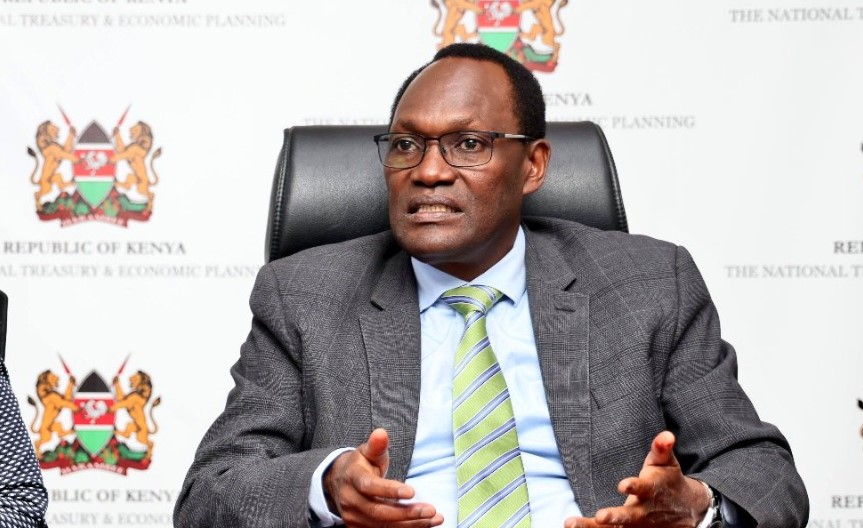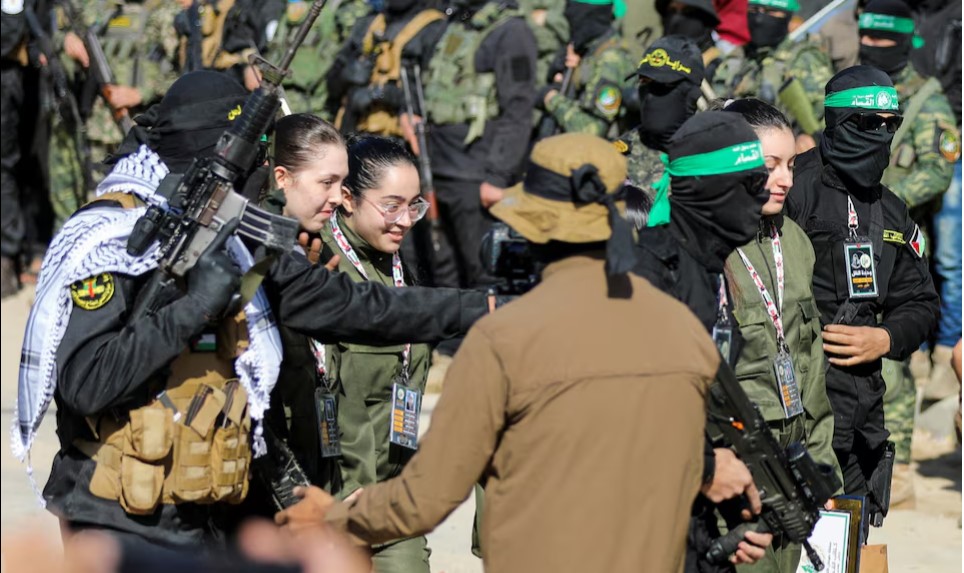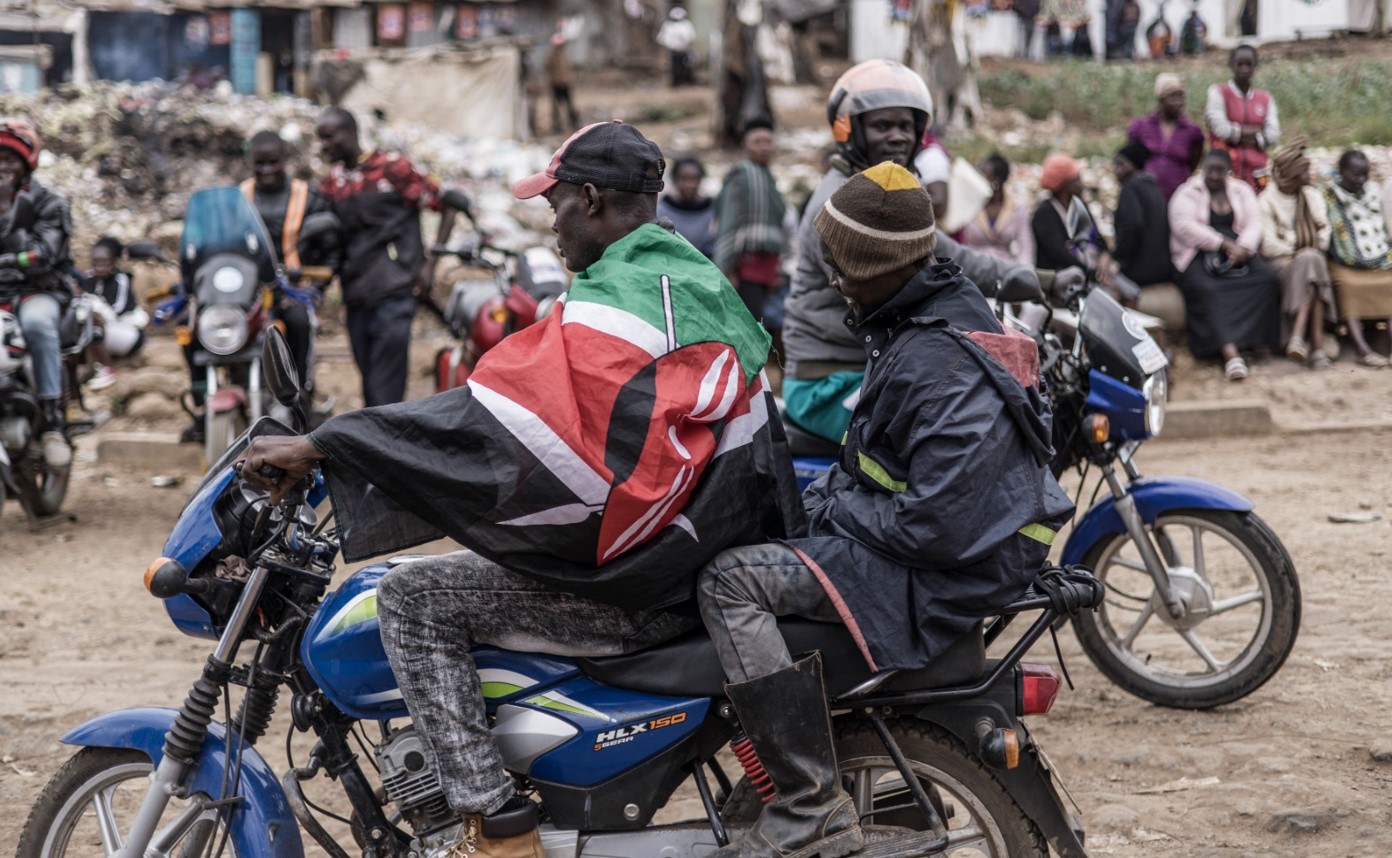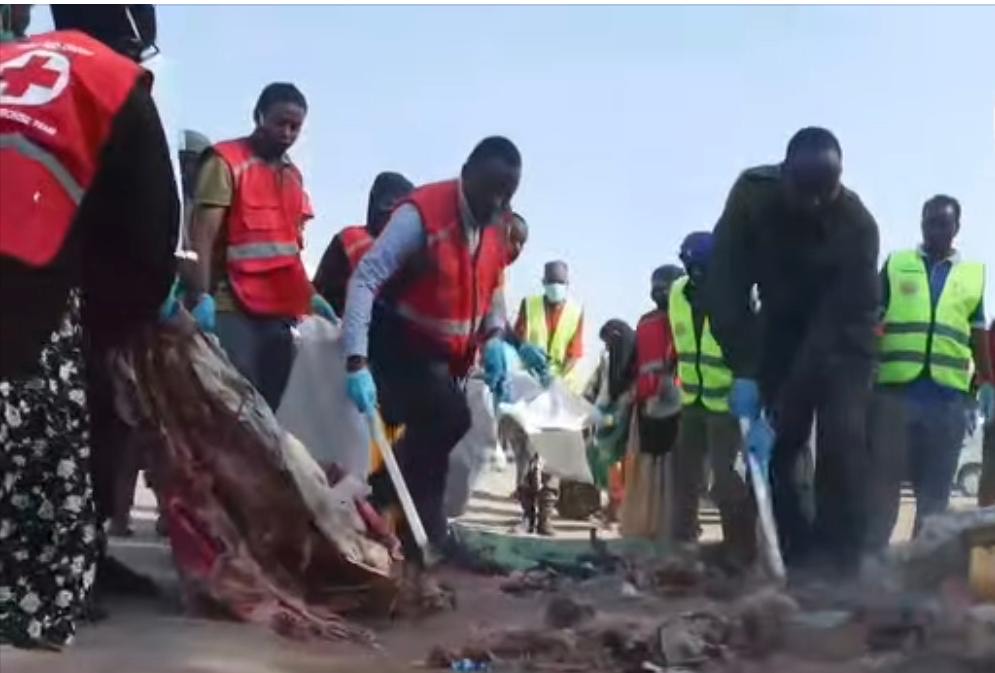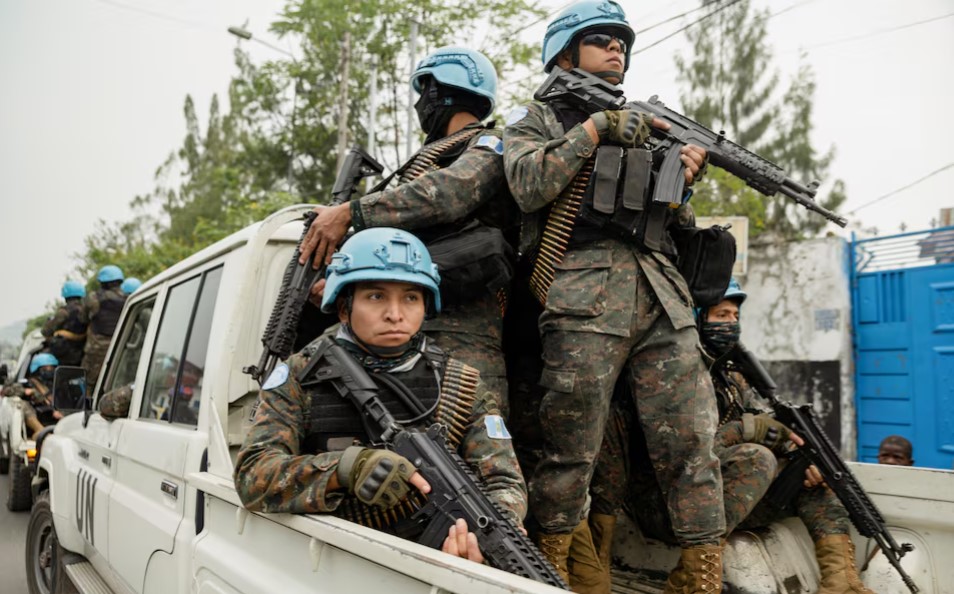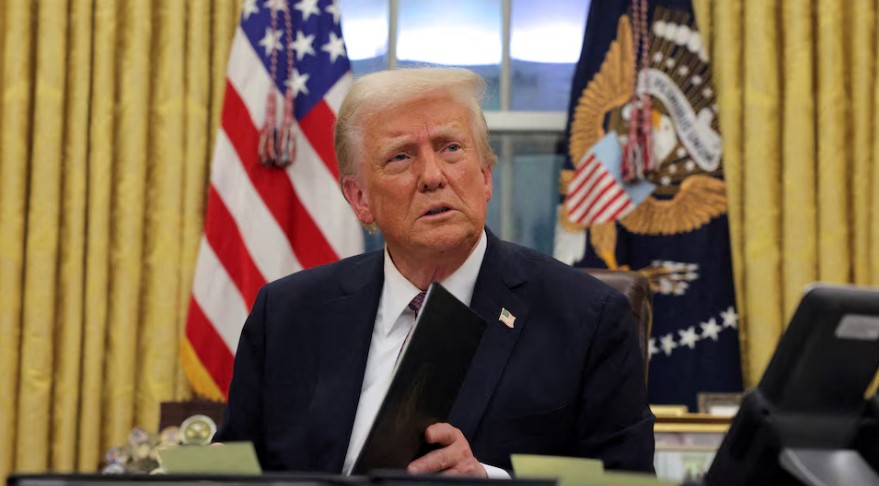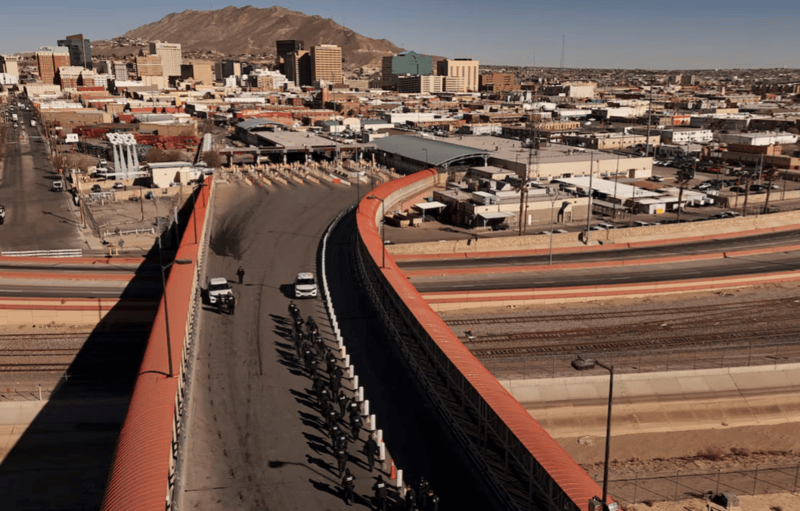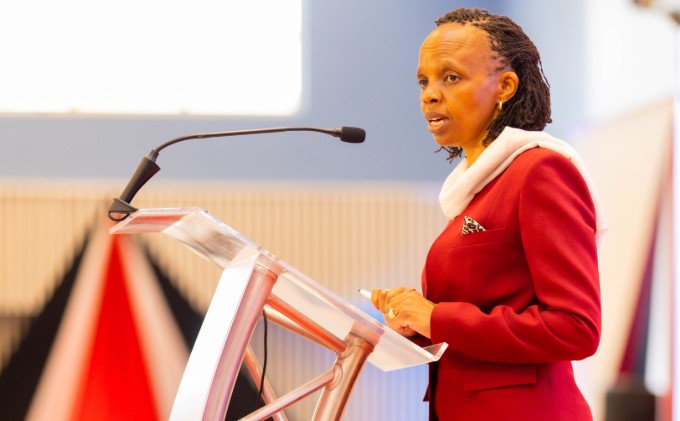Fighting halts in Gaza as ceasefire takes effect after brief delay
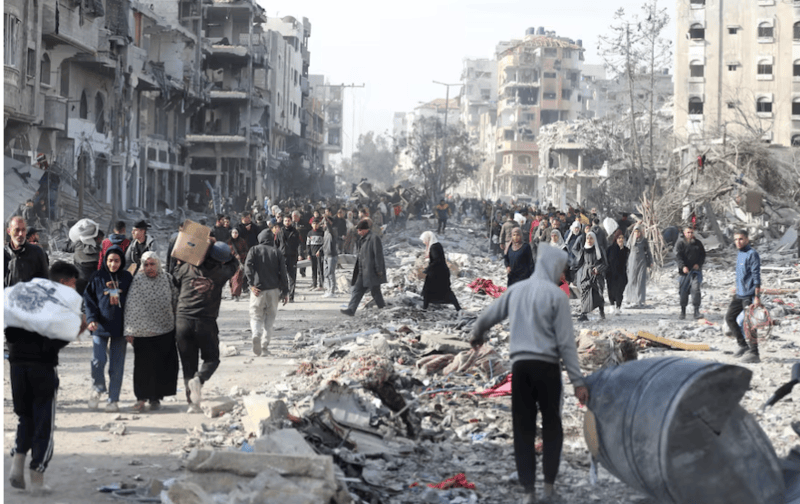
The three-stage agreement follows months of on-off negotiations brokered by Egypt, Qatar and the United States, and comes just ahead of the Jan. 20 inauguration of U.S. President-elect Donald Trump.
Fighting in the Gaza Strip halted on Sunday as a ceasefire deal between Israel and Hamas took effect after a brief delay, pausing a 15-month-old war that has brought devastation and seismic political change to the Middle East.
Residents and a medical worker in Gaza said they had heard no new fighting or military strikes since about half an hour before it was finally implemented.
More To Read
- In pictures: Gaza in ruins as residents return home
- Hamas frees hostages, Israel releases Palestinian prisoners on day one of Gaza ceasefire
- WHO: The ceasefire in Gaza brings hope, but immense challenges lie ahead to restore the health system
- Israeli PM Benjamin Netanyahu says Gaza ceasefire will not start until Hamas releases hostage list
Israeli airstrikes, artillery and tank attacks continued in northern Gaza after the initial deadline of 0630 GMT, Gaza-based paramedics said, killing at least 13 Palestinians and wounding dozens more before the ceasefire actually took effect at 0915 GMT. Israel's military said it had carried out air and artillery strikes against "terror targets".
Israel blamed Hamas for the delay after thegroup failed to provide a list naming the first three hostages it would release later on Sunday as part of the agreement.
"Hamas was obliged to provide the names of the first female hostages to be released at 4:00 p.m. yesterday (1400 GMT on Sunday)," Israeli Foreign Minister Gideon Saar told journalists shortly after the ceasefire started. "We received the list over 18 hours after it was due."
Hamas said "technical" reasons had caused the delay, without elaborating.
A Palestinian official, speaking on condition of anonymity, blamed ongoing Israeli air and ground bombardments, saying this made it physically difficult to send the list to mediators.
In a statement issued two hours after the ceasefire deadline, Hamas said it had sent the list of names, and Israeli officials confirmed receipt. Hamas named the hostages it was to release on Sunday as Romi Gonen, Doron Steinbrecher and Emily Damari. Israel did not immediately confirm the names.
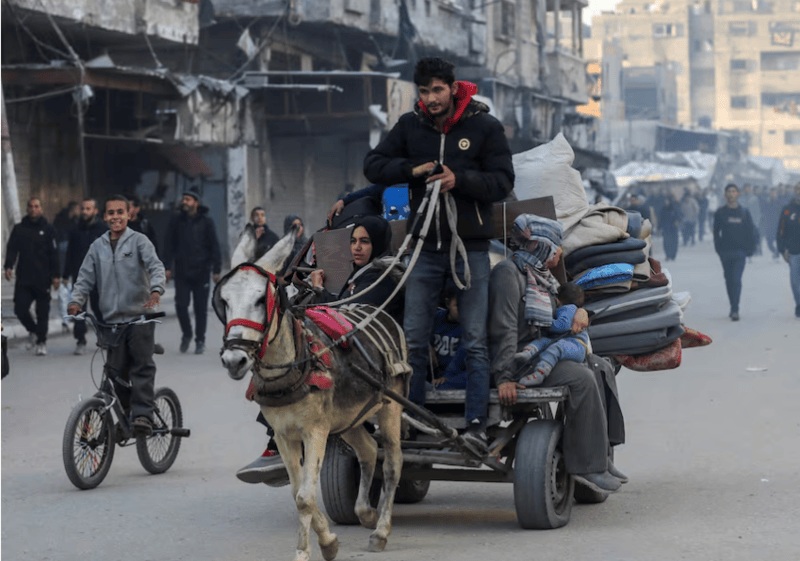 Displaced Palestinians make their way to return to their homes before a ceasefire between Israel and Hamas takes effect, in Gaza City, January 19, 2025. REUTERS
Displaced Palestinians make their way to return to their homes before a ceasefire between Israel and Hamas takes effect, in Gaza City, January 19, 2025. REUTERS
The highly anticipated 42-day ceasefire deal could pave the way for an end to the Gaza war, which has sparked a wave of fighting across the Middle East that largely pits Israel and its Western and U.S. allies against Iran and the paramilitary groups Tehran supports, including Hamas, Lebanese Hezbollah, the Houthis of Yemen and Iraqi militias.
Israel's bombardment of Gaza has killed nearly 47,000 Palestinians since October 7, 2023, according to Gaza-based health officials.
Some 1,200 people in Israel were also killed. A further 400 Israeli soldiers have been killed in combat in Gaza.
The assault has destroyed the territory's infrastructure and made almost all its 2.3 million residents homeless.
Hostages for detainees
The Gaza ceasefire deal provides for the phased release of dozens of hostages Hamas still holds in Gaza in return for Israel's release of hundreds of Palestinians held in Israeli jails.
Hamas is set to release the first three female hostages on Sunday in exchange for 30 Palestinians each.
The group will inform the International Committee of the Red Cross (ICRC) where the meeting point will be inside Gaza and the ICRC is expected to begin driving to that location to collect the hostages, an official involved in the process told Reuters.
The releases are part of the first stage of the deal, in which over six weeks 33 of the remaining 98 hostages in Gaza - women, children, men over 50, the ill and wounded - will be released in return for almost 2,000 Palestinian prisoners and detainees.
The Palestinians include 737 male, female and teen-aged prisoners.
Ending the war?
Israeli forces started withdrawing from areas in Gaza's Rafah to the Philadelphi corridor along the border between Egypt and Gaza in another part of the ceasefire agreement, pro-Hamas media reported early on Sunday.
The three-stage agreement follows months of on-off negotiations brokered by Egypt, Qatar and the United States, and comes just ahead of the Jan. 20 inauguration of U.S. President-elect Donald Trump.
U.S. President Joe Biden's team worked closely with Trump's Middle East envoy Steve Witkoff to push the deal over the line.
If the ceasefire leads to a prolonged halt in fighting, what will come next in Gaza remains unclear in the absence of a comprehensive agreement on the postwar future of the enclave, which will take billions of dollars and years to rebuild.
Hamas, which has controlled Gaza for almost two decades, has survived despite losing its top leadership and thousands of fighters.
The ceasefire has laid bare tensions within Israel's government, where powerful religious rightwing members of Prime Minister Benjamin Netanyahu's government for months blocked attempts at the ceasefire deal.
National Security Minister Itamar Ben-Gvir and two other ministers from his nationalist-religious party resigned from the cabinet, their party said on Sunday.
Middle East turmoil
The Gaza war has shaken the Middle East out of a few years of relative calm and upended its geopolitical balance.
After 15 months of fighting, Iran's "Axis of Resistance", a network of paramilitary groups it nurtured over decades in Iraq, Syria, Lebanon and Gaza lies largely in tatters. Iran has meanwhile been able to inflict only minimal damage on Israel in two major missile attacks.
Israel killed most of the top leadership of Hezbollah in a massive bombardment on Beirut and southern Lebanon last year, as well as several commanders of the Islamic Revolution Guards Corps in strikes on Syria.
In a shock knock-on effect, Syrian rebels toppled President Bashar al-Assad last month, changing the balance of power in Damascus, which had been a key Russian and Iranian ally since the 1970s.
Israel's assault on Gaza has also come at a diplomatic price as it faces outrage and isolation over the death and devastation.
Netanyahu faces an International Criminal Court arrest warrant on war crimes allegations and separate accusations of genocide at the International Court of Justice.
Israel has reacted with fury to both cases, rejecting the charges as politically motivated and accusing South Africa, which brought the original ICJ case as well as the countries that have joined it, of antisemitism.
Top Stories Today
